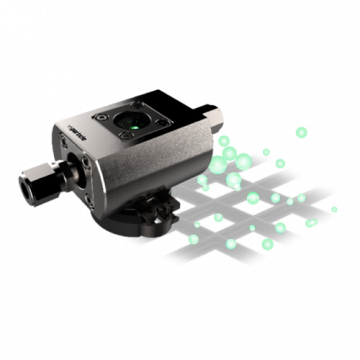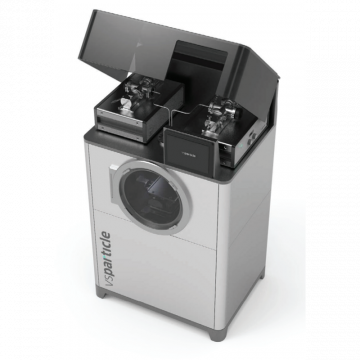Fuel cells

Storing electricity into fuels is a promising way to solve the intermittency problem of solar cells and wind turbines. However, in order to start implementing renewable fuels, the conversion process from these fuels back to electricity needs to be carried out efficiently and cheaply. Fuel cells are devises that can convert a great variety of chemical fuels into electricity and can be operated in a wide range of operational conditions (eg. temperatures). This way, advances in fuel cells research can make renewable fuels a reality, which can play an important role in the energy transition.
Challenges
One of the most important components in a fuel cell are the catalysts in the anode and cathode of the fuel cell. The size and composition of these catalysts need to be optimised to overcome common catalyst issues, such as low activity and catalyst poisoning. However, not only the catalyst properties need to be optimised in fuel cells but also the way the catalyst is integrated into the device, which may consist of a gas diffusion layer, catalyst support and a membrane (see illustration below). Proper integration of these components should maximize the ion conduction and mass transport in the catalyst layer. Therefore, in order for fuel cell applications to have an economical and environmental impact on our society, research tools are needed to speed up the optimisation of the catalyst and its integration into a fuel cell device for specific fuels and applications.
![]()
CLICK HERE to download the full Fuel Cells Research Catalysis Application Note.
For further information, application support, demo or quotation requests please contact us on 01582 764334 or click here to email.
Lambda Photometrics is a leading UK Distributor of Characterisation, Measurement and Analysis solutions with particular expertise in Electronic/Scientific and Analytical Instrumentation, Laser and Light based products, Optics, Electro-optic Testing, Spectroscopy, Machine Vision, Optical Metrology, Fibre Optics and Microscopy.









